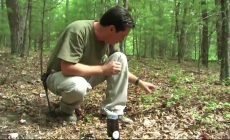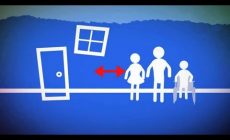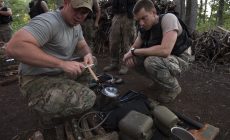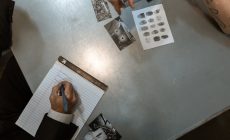Introduction
Learning is a complex process that requires active engagement and the integration of new information with prior knowledge. A critical component of this process is reasoning, or the ability to make connections, understand relationships, and draw conclusions from information. Concrete reasoning, or the ability to reason about concrete, tangible objects, and events, is particularly important for young learners and lays the foundation for more abstract reasoning in the future.
The Importance of Concrete Reasoning in Early Childhood
Concrete reasoning is a key component of early childhood development. Children first learn about the world through their senses and by manipulating objects. They develop their reasoning skills by making connections between what they see, hear, touch, and do. This process allows them to understand the cause-and-effect relationships between events and to make predictions about what might happen in the future.
For example, a young child might observe that a ball will roll down a slope and predict that it will continue to roll until it reaches the bottom. This concrete reasoning helps the child understand the properties of objects and the laws of motion. This understanding provides a foundation for more abstract reasoning, such as understanding that objects in space also follow certain laws.
The Role of Concrete Reasoning in Later Learning
Concrete reasoning continues to play an important role in learning throughout life. As children grow, they use their concrete reasoning skills to understand more complex concepts and solve increasingly difficult problems. For example, concrete concepts skills are essential for understanding mathematical concepts, such as place value and operations.
Moreover, concrete reasoning is also important for developing critical thinking skills. When people reason about concrete objects and events, they must consider multiple perspectives, identify patterns and relationships, and draw conclusions based on evidence. These skills are essential for effective problem-solving, decision-making, and lifelong learning.
Enhancing Concrete Reasoning through Play and Exploration
Play is an important way for children to develop their concrete reasoning skills. Through play, children have the opportunity to manipulate objects, explore cause-and-effect relationships, and make predictions about the world. For example, playing with blocks allows children to understand the properties of objects, such as weight and size, and to build structures that follow certain laws of physics.
In addition, exploration and discovery can also help enhance concrete reasoning skills. When children explore their environment, they have the opportunity to make observations, ask questions, and test their predictions. For example, a child might explore a stream and observe the movement of water and the properties of objects in the stream, such as rocks and leaves. This type of exploration helps children understand the relationships between objects and the laws of nature.
Supporting Concrete Reasoning in the Classroom
 A teacher teaches a pupil to work on a computer
A teacher teaches a pupil to work on a computer
Teachers can support the development of concrete reasoning skills by providing opportunities for hands-on learning experiences. For example, teachers can use manipulatives, such as blocks and puzzles, to help students understand mathematical concepts. They can also incorporate exploratory activities, such as science experiments and field trips, to help students understand cause-and-effect relationships and make observations about the world.
In addition, teachers can also support concrete reasoning by promoting critical thinking and problem-solving. For example, they can provide opportunities for students to work in groups and engage in open-ended problem-solving activities, such as designing a bridge or creating a machine. These types of activities help students understand multiple perspectives, consider different solutions, and draw conclusions based on evidence.
Conclusion
In conclusion, concrete reasoning is a critical component of learning and development, and it can be enhanced through play, exploration, and hands-on learning experiences. By providing opportunities for hands-on learning and promoting critical thinking, teachers can support the development of concrete reasoning skills and help prepare students for a lifetime of learning and discovery.























Leave a Reply
Your email address will not be published. Required fields are marked (required)